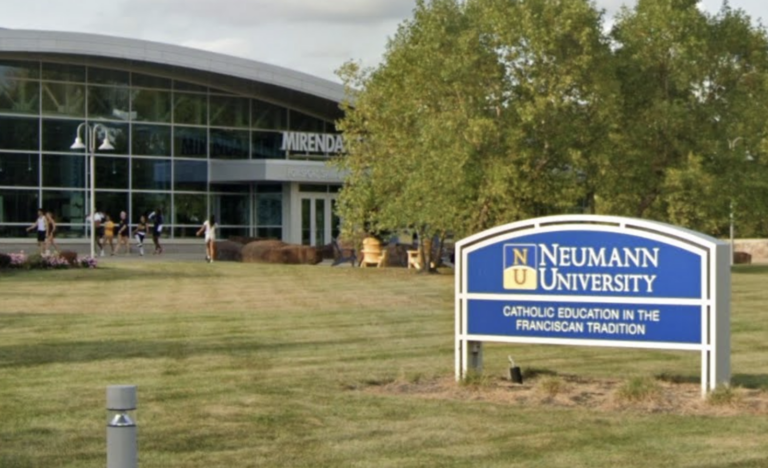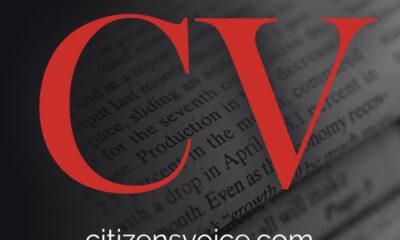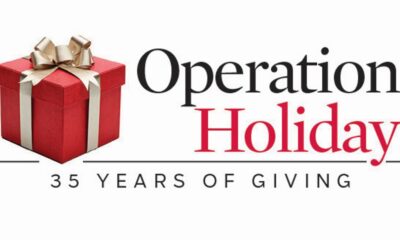Education
Pennsylvania’s Private Colleges Drive $29 Billion Economic Impact

Pennsylvania’s independent and private colleges and universities significantly bolster the state’s economy, contributing an estimated $29 billion in 2024, according to a newly released report by the Association of Independent Colleges and Universities of Pennsylvania (AICUP). The report highlights the institutions’ extensive role in education and local communities, conferring approximately 77,000 degrees annually.
Broad Economic Contributions
The economic impact rises to $65.6 billion when including the teaching hospitals affiliated with these institutions, such as the health systems of the University of Pennsylvania and Drexel University. AICUP’s findings indicate that its member institutions generated $1.5 billion in state and local taxes and supported around 195,120 jobs across the state. The 279,000 students enrolled at these colleges spend approximately $5.3 billion each year, further stimulating local economies.
AICUP President Thomas J. Foley emphasized the vital role these schools play, stating, “These schools lead the state and do the heavy lifting for Pennsylvania by creating jobs and attracting talent to the state.” His remarks reflect the importance of these institutions not only in education but also in sustaining the economic health of numerous towns throughout Pennsylvania.
The independent study, conducted by the Parker Strategy Group in Philadelphia, draws on data from member institutions and the U.S. Department of Education. The findings reveal that AICUP members confer a significant percentage of key degrees in the state, including 69% of nursing degrees, 45% of teaching degrees, 58% of STEM degrees, and 53% of all four-year degrees.
Community Impact and Philanthropy
The report also highlights the considerable philanthropic efforts of member institutions, which collectively contributed $200.5 million through charitable giving and volunteer work. This includes a valuation of $149 million for volunteer hours and $51.5 million in direct charitable contributions.
Institutions like Neumann University, which has about 2,400 students focusing on nursing, allied health, and technology fields such as cybersecurity, illustrate the community impact of these colleges. Neumann President Chris Domes stated, “We are scattered across the state, in small towns and cities helping the economic engines of those communities.” He noted that Neumann contributes approximately $163 million to its local community in Aston, Delaware County.
The report also challenges common perceptions regarding the economic contributions of higher education. According to the Pennsylvania Chamber of Business and Industry, this sector ranks as the fifth-largest industry in the state, underscoring the mutual benefits that collaboration among institutions, legislators, and employers can yield.
As noted in a 2019 report by the Federal Reserve Bank of Philadelphia, the education and medical sectors in the Philadelphia metro area account for approximately 500,000 jobs. This economic interplay highlights the critical role that these institutions play not just in education but in the broader economic landscape.
Domes concluded by stating, “We are very fortunate in this state to have such an incredible higher educational system that attracts citizens of Pennsylvania and talent from across the globe.” The findings from AICUP serve as a reminder of the significant and multifaceted impact that private colleges and universities have on their communities and the economy at large.
-

 Technology5 months ago
Technology5 months agoDiscover the Top 10 Calorie Counting Apps of 2025
-

 Health3 months ago
Health3 months agoBella Hadid Shares Health Update After Treatment for Lyme Disease
-

 Health3 months ago
Health3 months agoErin Bates Shares Recovery Update Following Sepsis Complications
-

 Technology6 days ago
Technology6 days agoOpenAI to Implement Age Verification for ChatGPT by December 2025
-

 Technology4 months ago
Technology4 months agoDiscover How to Reverse Image Search Using ChatGPT Effortlessly
-

 Technology1 month ago
Technology1 month agoDiscover 2025’s Top GPUs for Exceptional 4K Gaming Performance
-

 Technology3 months ago
Technology3 months agoElectric Moto Influencer Surronster Arrested in Tijuana
-

 Technology5 months ago
Technology5 months agoMeta Initiates $60B AI Data Center Expansion, Starting in Ohio
-

 Technology5 months ago
Technology5 months agoRecovering a Suspended TikTok Account: A Step-by-Step Guide
-

 Health5 months ago
Health5 months agoTested: Rab Firewall Mountain Jacket Survives Harsh Conditions
-

 Health3 months ago
Health3 months agoAnalysts Project Stronger Growth for Apple’s iPhone 17 Lineup
-

 Lifestyle5 months ago
Lifestyle5 months agoBelton Family Reunites After Daughter Survives Hill Country Floods





















